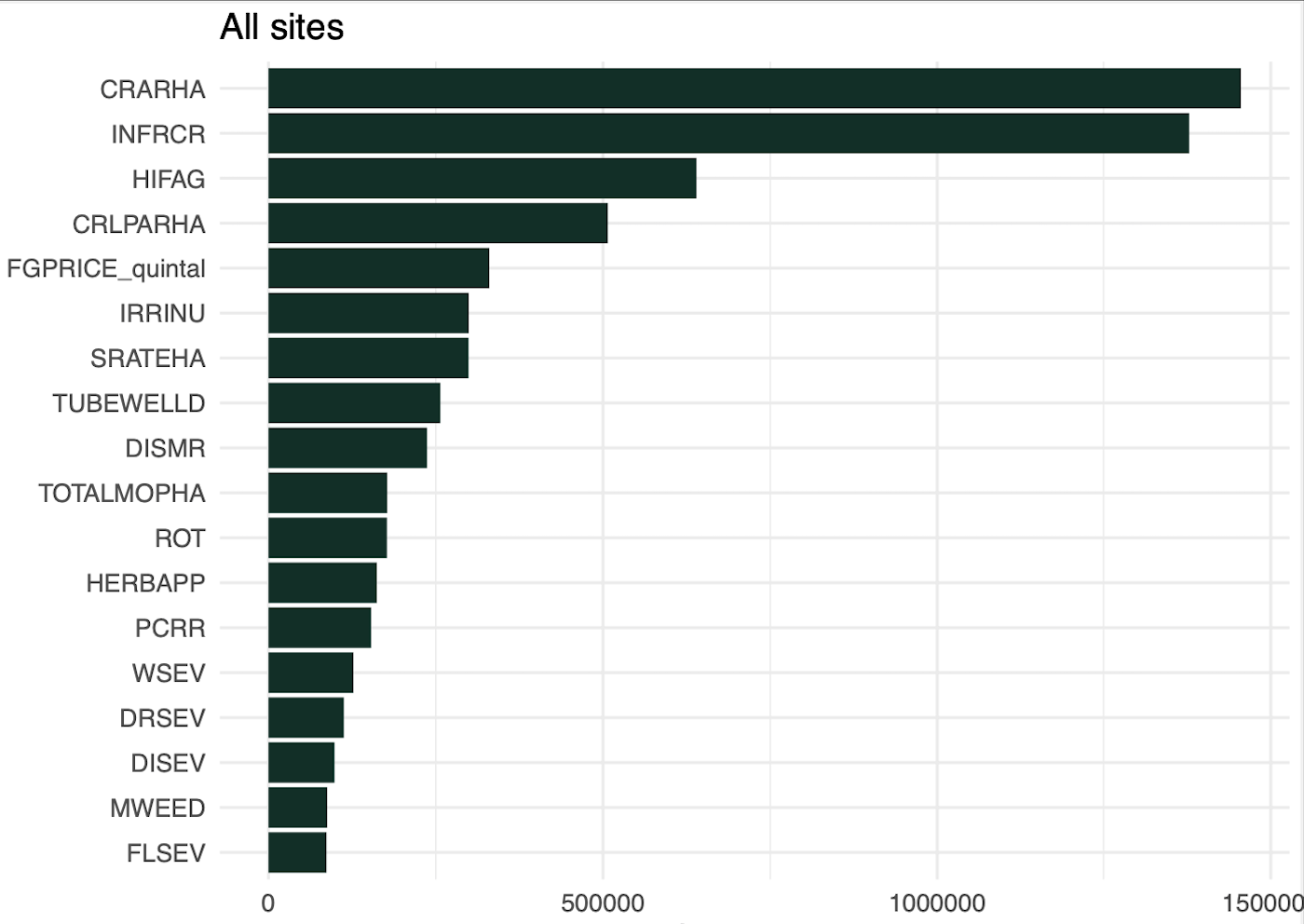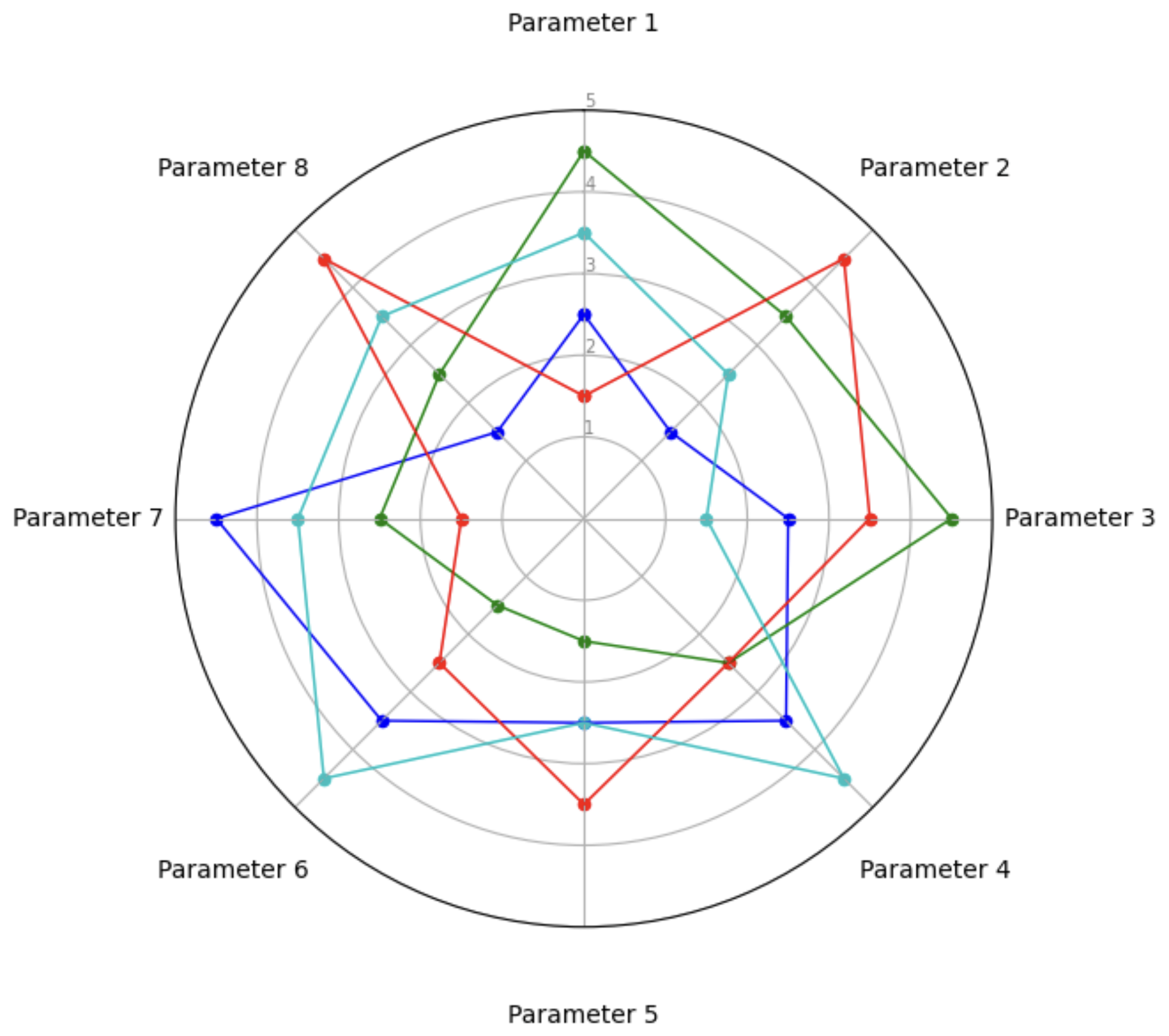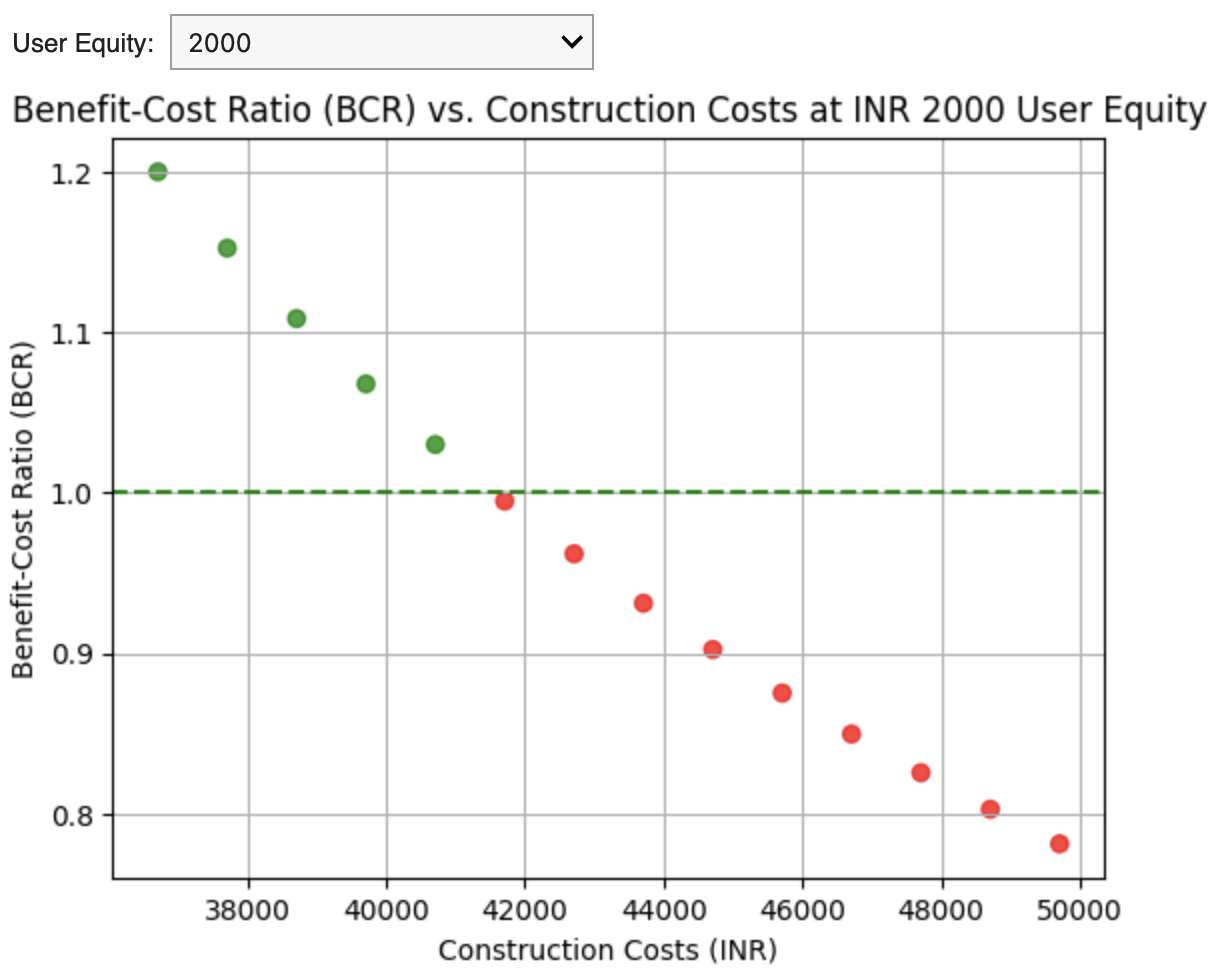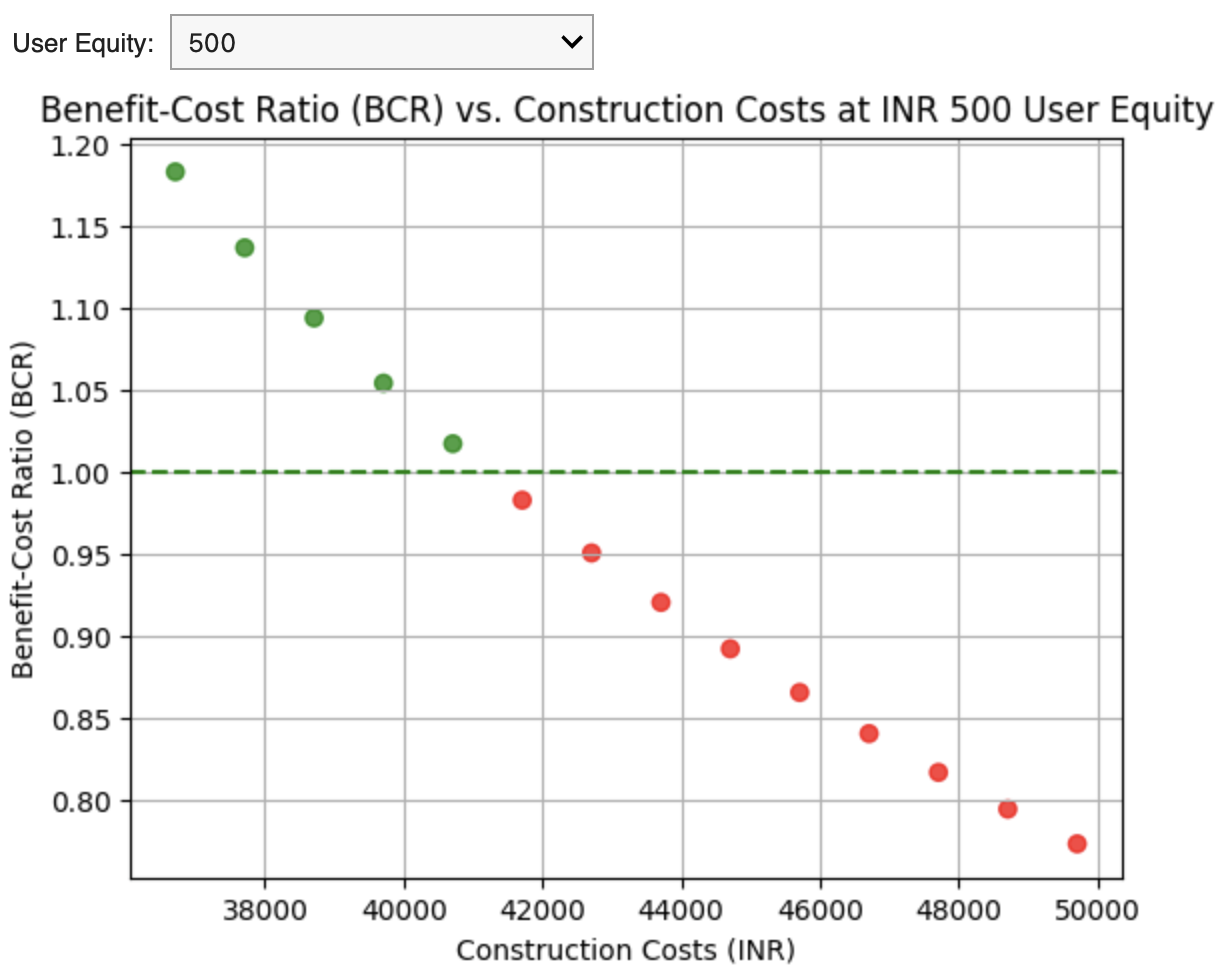
A machine learning tool that validates the investment decision-making process.
OUR APPROACH
Our focus is on the process leading up to the investment decision. Thereafter, honing on the core indicators that act as a feedback loop on implementation and reporting impact. We are not a CRM tool, which is abundant in the market. We focus on improving decision-making efficiencies, not on operational-level efficiencies.
Outline
Choosing success/risk metrics or identifying assumptions.

Data & Analysis
Data and indicators structured and uploaded.

Result
Models indicating key drivers and ranking.

FEATURES
Machine Learning
This feature helps clear out the noise among complex variables considered in the decision-making process & identifies what to focus on that drives success and risk criteria.
Machine learning tools enable connections between variables that increases efficiency.
Provides access to more information on budget decisions that drive funds towards maximizing impact.
Competitive advantage through insights generated by our approach.
Cost-Benefit Analysis
Interactive data dashboard where the end-user can change the input scenarios, run a range of scenarios accompanied with analysis and interpretation of a program/project/pilot(s) under consideration.
Customizable by end-user to run scenarios in a faster and more effective manner.
Offers insights into how changing cost assumptions impacts the resultant Net Present Value (NPV), Economic Rate of Return (ERR), and Benefit Cost Ratio (BCR).
The visuals would indicate the inflexion point where a project/pilot under consideration is no longer viable.
Linked to sources for updated data on emissions, carbon revenue, and credits.

THE FOUNDER
Rishika Jerath
Rishika's educational and professional journey, along with her extensive technical training, were pivotal in her realization of the importance of analytical rigor and evidence evaluation in informing strategy and policy. Her six years of work experience across different stakeholders in the development sector offered insights into its gaps. Through the analysis of datasets and variables in these different roles, Rishika recognized the need to drive efficiency in the impact investing decision-making process. She completed her undergraduate degree in Psychology at Delhi University, followed by a Master's in Clinical Psychology at the Tata Institute of Social Sciences, Mumbai. She completed her second Master's degree in International Development Policy at Georgetown University's McCourt School of Public Policy.
CONNECT WITH US





